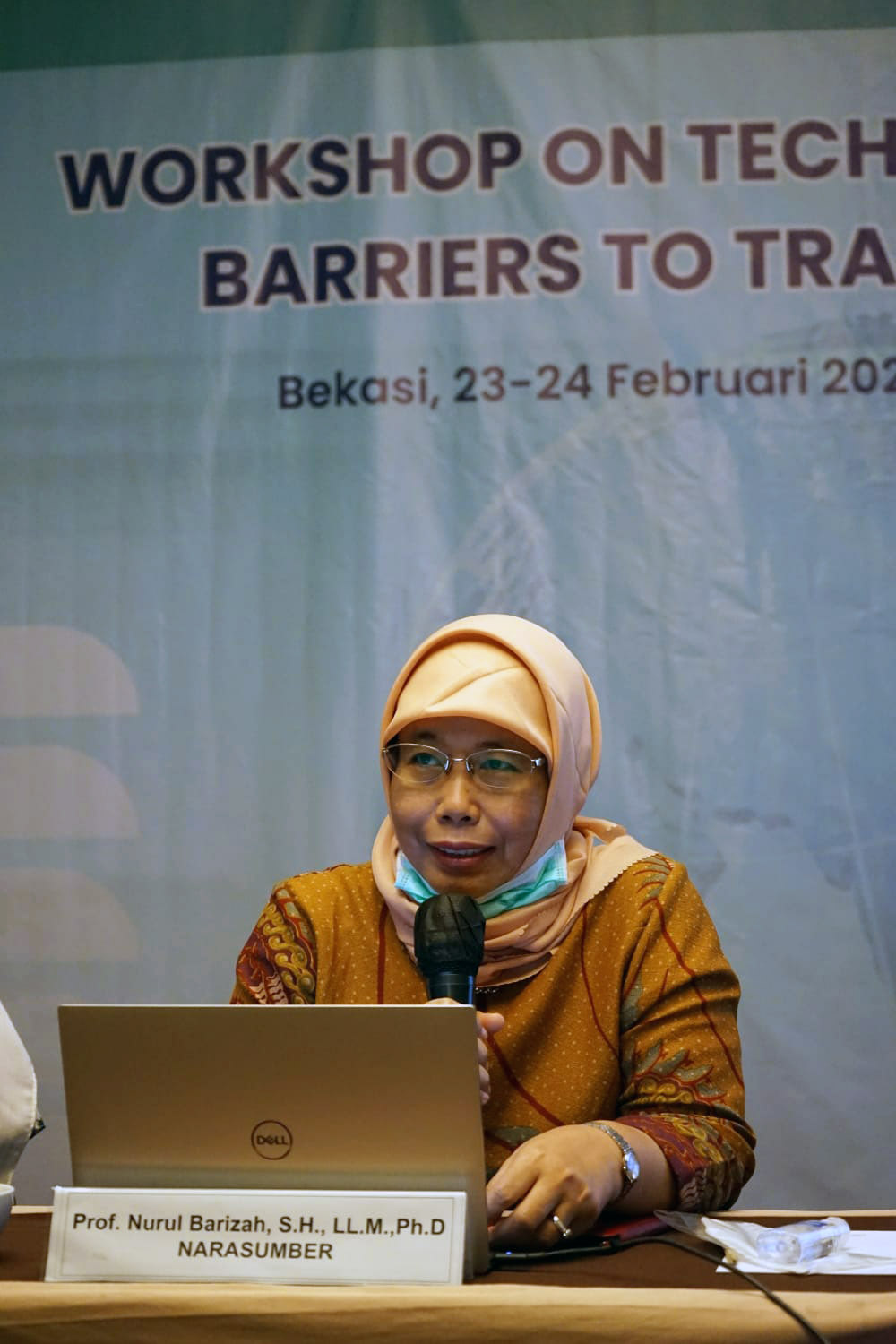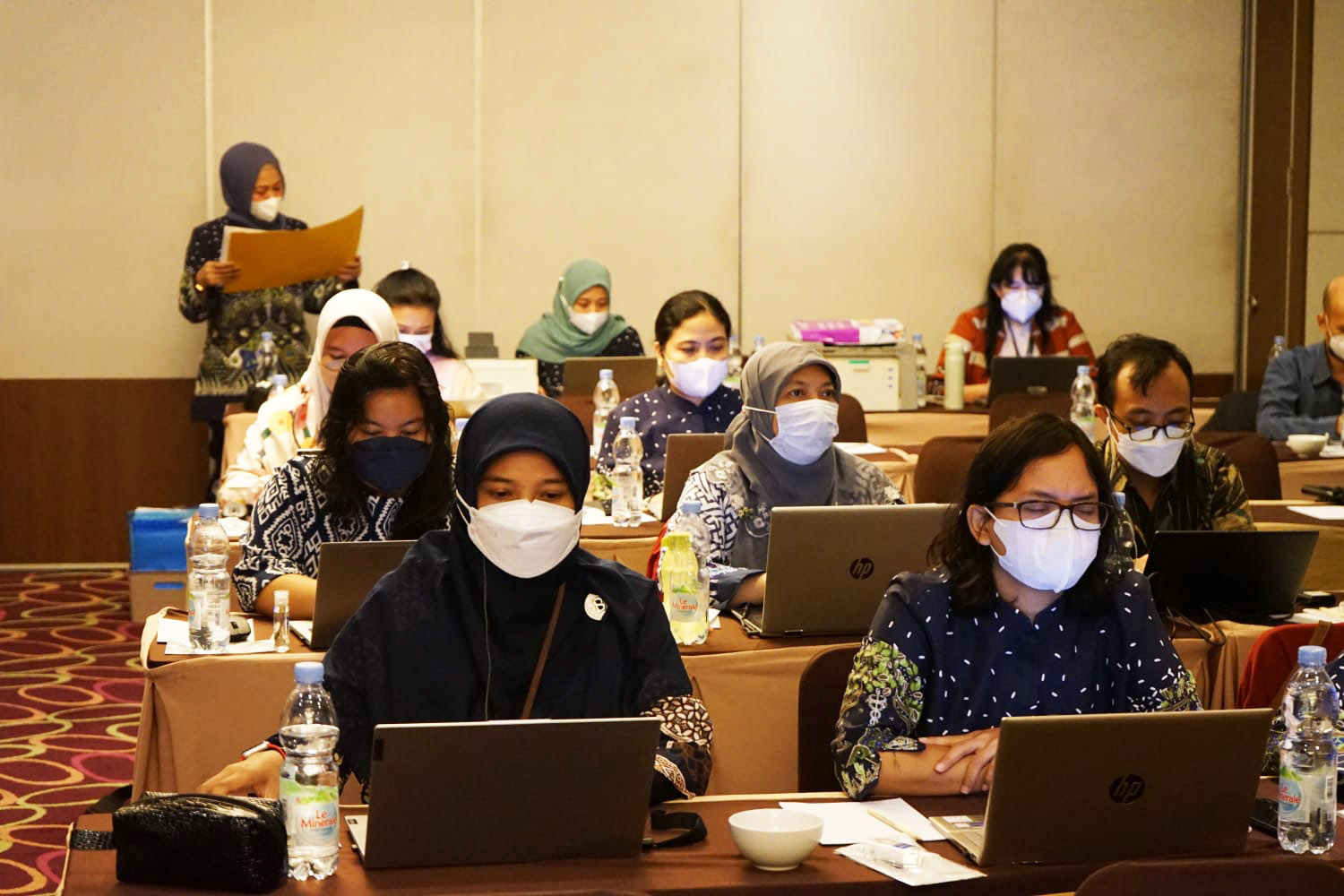There are existing constraints in Indonesia in implementing effective TBT measures and notification procedures to the World Trade Organization (WTO). These can be addressed by improving understanding of foundational concepts and processes regarding TBT.
TBT act as a regulatory measure to protect consumers and public health. These may come in the form of regulations, standards, testing and certification procedures related to safety, health and quality, and can significantly influence international trade in pharmaceutical products. TBTs can disrupt trade by adding requirements and costs, but they are necessary to protect consumer interests and ensure product quality and safety. The challenge for regulators is to distinguish necessary TBTs that safeguard public health interests from unnecessary non-tariff barriers (NTBs), such as import licensing requirements, import bans, and others that may primarily serve to protect domestic industries from international competition. The TBT agreement, an international treaty administered by the WTO, is the primary global tool that aims to ensure that regulations, standards, testing, and certification procedures do not create unnecessary obstacles to trade and access to products and technologies. As WTO member, Indonesia is required to report all new or changed technical regulations to the WTO. Regulatory staff in BPOM have limited knowledge on TBT, affecting their ability to facilitate, for instance, the registration process of imported products. Acknowledging the complexity of the process and the ever-increasing number of products in the global market, it is important to build the knowledge and deepen the familiarity within BPOM.

Prof. Nurul Barizah as resource person presenting during her session. Credit: BPOM
WHO supported the Directorate of Standardization of Drugs, Narcotics, Psychotropics, Precursors and Addictive Substances of BPOM for a two-day workshop in February 2023, aimed to strengthen knowledge among Indonesian FDA personnel on TBT. This activity was supported by experts from the Ministry of Trade, National Standardization Agency, Ministry of Foreign Affairs, Centre for International Trade Law Studies from the University of Airlangga. 68 workshop participants gained knowledge about non-tariff measures, implementation of international obligations set out in regulations of the National Standardization Agency, and harmonization of the national regulation with the TBT agreement. In addition, experts and participants shared case studies of TBT while BPOM’s International Cooperation Bureau shared their experience with WTO notifications.

Participants following interactive workshop. Credit: BPOM
In addition to increasing their knowledge and sharing experiences during the workshop, BPOM’s technical unit also agreed on next steps, including establishing a robust WTO notification process to reduce potential specific trade concerns (STCs) originating from other countries. The unit was also tasked with supplying relevant technical regulations to stakeholders abroad as it commits to strengthening the standards related to TBT. A guideline is currently under revision which is expected to be issued in August 2023.
The workshop’s outcomes hold great potential in advancing pharmaceutical safety, fair trade, and global accessibility. With enhanced knowledge and expertise in TBT, BPOM is strengthening its capacity as regulator which will enable Indonesia to better navigate the complexities of international trade while safeguarding public health.
Written by Liyana Rakinaturia, National Professional Officer for Essential Medicines, WHO Indonesia


